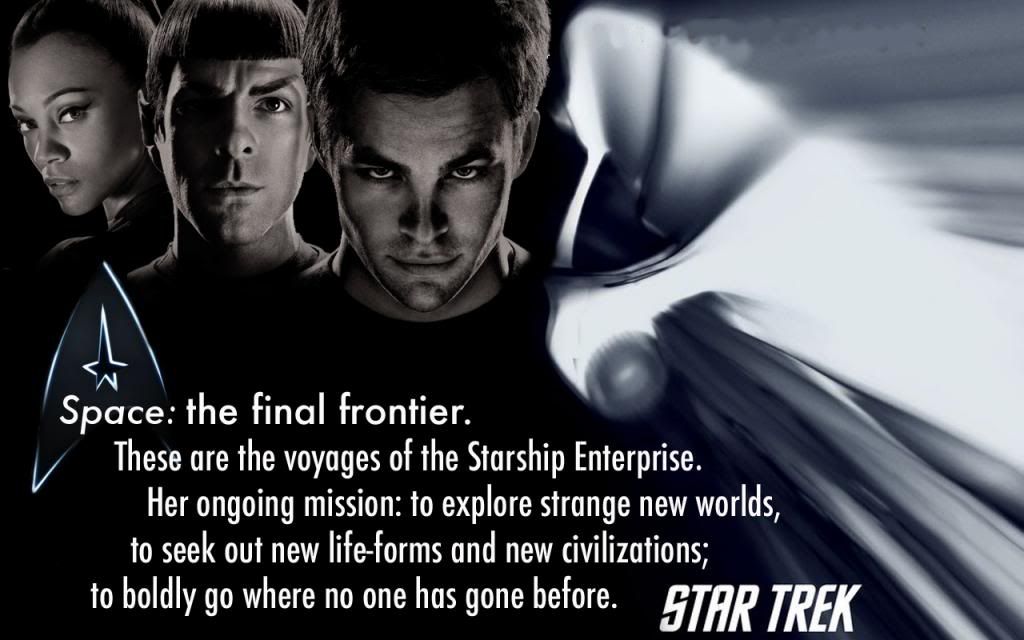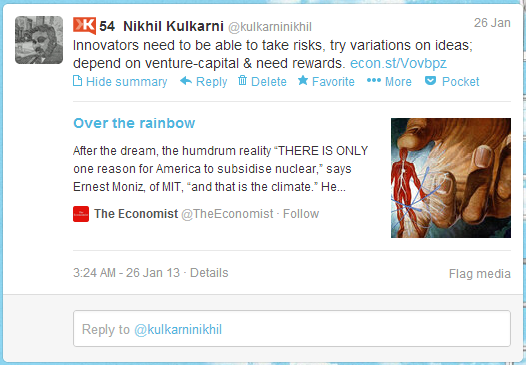About 8 years ago, I blogged about how our generation has disappointed the science fiction writers by not making much progress in the area of Space Travel - something considered achievable by them by the 21st century.
Space however is an area where we may not have matched fictional expectations in any form. We have an international space station in place but that I believe is a far cry from a space city and the days of Star Trek do not seem close enough.Time has come, when we will redeem our honour soon. Space hasn't progressed much in the past few decades because it has remained, until now, a high expense, high government (funded and) controlled industry; much like Telecom sector in India until 2000s and Banking until 90s. Also, entry barriers in terms of cost and regulation made experimentation difficult, which in turn made risk taking difficult. Less risk taking meant less chance of disproportionate reward, lesser private sector involvement resulting ultimately into less innovation.
This tweet and the linked article, on nuclear energy, highlights why nuclear has also not moved much in the last 50 years since its discovery.
With Space, unlike nuclear - this is one thing which has changed. Space is no more government controlled - in fact not even regulated. Private space exploration companies like Elon Musk's SpaceX and Richard Branson's Virgin Galactic, have been started. Some private space launches are happening and people are even starting Terraforming companies.
We are about to see a wave of widespread experiments - both in terms of technology and business models - in the field of Space exploration. As a result, we will hopefully see massive strides in space exploration between 2030 and 2050. Private scientific colonies, precious metal mining expeditions and space tourism are likely money earners. And these will lead to a increasing spiral of more investment into space exploration.
What needs to be seen is what all this results into - does it make the fantasy of Star Trek or Star Wars true? Does it mean humans will breach the final frontier - only time will tell.
.
Title Image Credits to britthemighty.deviantart.com


Comments
Post a Comment